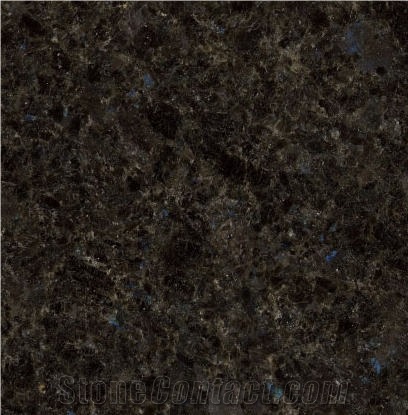Metarocha Granite
 Angola
(Lubango (Sá da Bandeira))
Angola
(Lubango (Sá da Bandeira))
Color:Black stone with shiny blue flakes
Surface finishing:
Polished, Honed, Bushhammered, Sandblasted and Brushed(Antique).
Usages:
Exterior - Interior Flooring: Yes
Countertops: Yes
Wall / Backsplash: Yes

What stains more Metarocha Granite kitchen countertop?

What causes Metarocha Granite to crack?

What grade is Angola's Metarocha Granite?

Can I knead bread on Metarocha Granite countertop?

How can I you keep Metarocha Granite floor shiny?

Can I clean Metarocha Granite countertop with soap and water?

Is Metarocha Granite good for kitchen countertops?

Does sitting water stain Metarocha Granite bathroom top?

Does salt damage Metarocha Granite countertop?

Can Angola's Metarocha Granite be used exterior applications in very rainy climates?

How can I maintain Metarocha Granite countertops?

Which lasts longer quartz or Metarocha Granite?

What is the coefficient of friction of Water Jet Cut Angola's Metarocha Granite tiles?

Which is better quartz or Metarocha Granite?

Can Angola's Metarocha Granite be used in landscaping?

Is Angola's Metarocha Granite an expensive stone?

What happens if Metarocha Granite stair steps gets wet?

How long does Metarocha Granite floor take to dry?

Can I use sanitizer on Metarocha Granite?

Can Angola's Metarocha Granite be used in a bathroom?

Can I put hot pans on Metarocha Granite countertop?

Does lemon juice damage Metarocha Granite countertop?

Does soap damage Metarocha Granite bathroom top?

Can I cut meat on Metarocha Granite countertop?

Does Metarocha Granite sparkle in the sun?

What is the physical properties of Metarocha Granite?

Can I dry Metarocha Granite bath countertop with a hair dryer?

Will Metarocha Granite crack in the sun?

Is Metarocha Granite commercial countertop easy to maintain?

How thick is Angola's Metarocha Granite slabs?

Are there color variations of Angola's Metarocha Granite?
The request includes: 1. surface finished, size 2. quantity required








 Italia
Italia